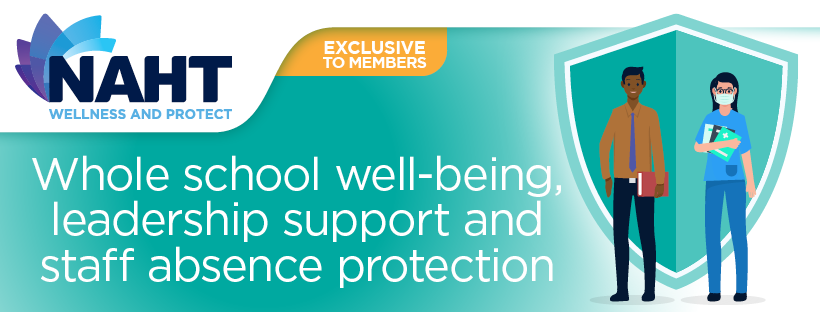A good thing to come out of the pandemic is that it has raised an awareness on the importance of looking after our mental well-being.
We all need to look after our personal mental well-being. In doing this it increases our resilience in times of stress and reduces the feeling of being overwhelmed.
Have you noticed how mindfulness really seems to be in vogue?
This delights me, as a practitioner in that something that I have been practicing for many years and teaching clients to use, is now finding wider favour amongst our clients and the wider society. The scientific and medical communities have embraced this over recent years, resulting in brilliant scientific research and proven methodologies of working.
Mindfulness is a wonderful way to learn how to relax. It can also help with many physical and emotional disorders including depression, anxiety, pain and stress.
Stress will be present in the lives of most of us and the management of stress is something which we can learn to achieve. Therapy, mindfulness and coaching can all be helpful in different ways, in stress reduction. Whereas coaching is about facilitation, and hypnotherapy is a talking therapy, mindfulness is not necessarily regarded as therapy at all. Although therapeutic in nature it is something which is likely to be taught by qualified teachers of mindfulness meditation.
Mindfulness meditation has been around for about 2,500 years within religious traditions including Buddhism. For many the thought of mindfulness meditation brings up images of monks in flowing orange robes sitting cross legged and seeking enlightenment. I’ve had people say to me “Oh I could never do with that sitting and doing nothing – it would drive me mad!”
However, most people seem to embrace mindfulness as a completely non-threatening way of achieving change.
Mindfulness can be formal and informal. Both forms help for us to encourage awareness and improve focus, whether it’s our breathing, or our physical sensations, or of our emotional feelings. We may learn to do this formally within structured and regular meditation sessions or by listening to audio’s.
It may be a completely informal way, becoming more present in our relationships, our eating, our day to day work etc. When we engage in truly being ‘in the now’ then this is where we really are, not stuck in past guilt or trauma or anxious about the future.
So it is easy to see how learning to be mindful can be helpful for people who have a tendency to be depressed, to live with past trauma or to worry
constantly about future events. Mindfulness can help people to let go of unwanted, inappropriate, and self-limiting thoughts and beliefs. This is why mindfulness is so helpful. Instead of focusing on how badly we want the pain, feeling or thought to stop, we pay attention to it with curiosity and without judgment.
Modern life is often a seesaw of negative and positive, negative thoughts can be like Velcro and positive thoughts slide away like Teflon. Mindfulness brings about that balance.
NAHT Wellness and Protect policies include our exclusive leadership support package, designed to assist leaders in the Education sector to improve their whole school well-being culture. You can learn more about NAHT Wellness and Protect staff absence insurance and well-being here.

June – NAHT Wellness and Protect, Mindfulness and Well-being Consultant
June is an accomplished therapist with over 10 years’ experience and specialises in managing anxiety and stress. She has worked for over 5 years within the education sector, working with clients one-to-one or as part of a group session. Junes qualifications include Neuro Linguistic, Programming Practitioner, Coach ABNLP, Psychotherapist MNCP and Clinical Hypnotherapist DipHypGHR

